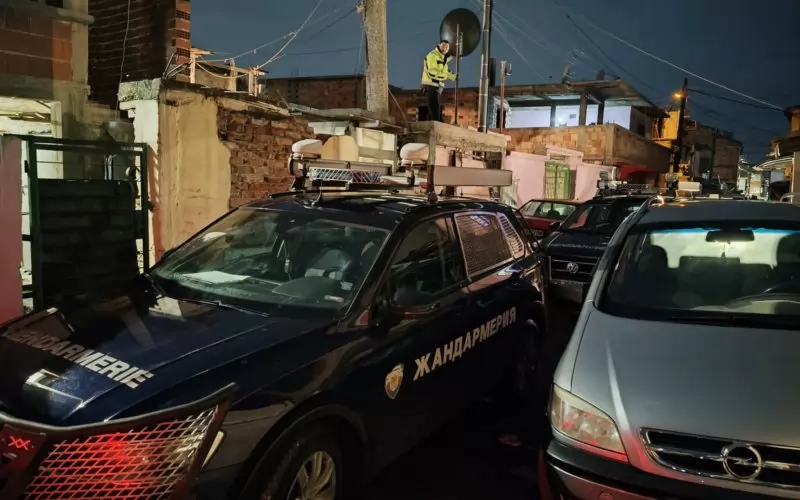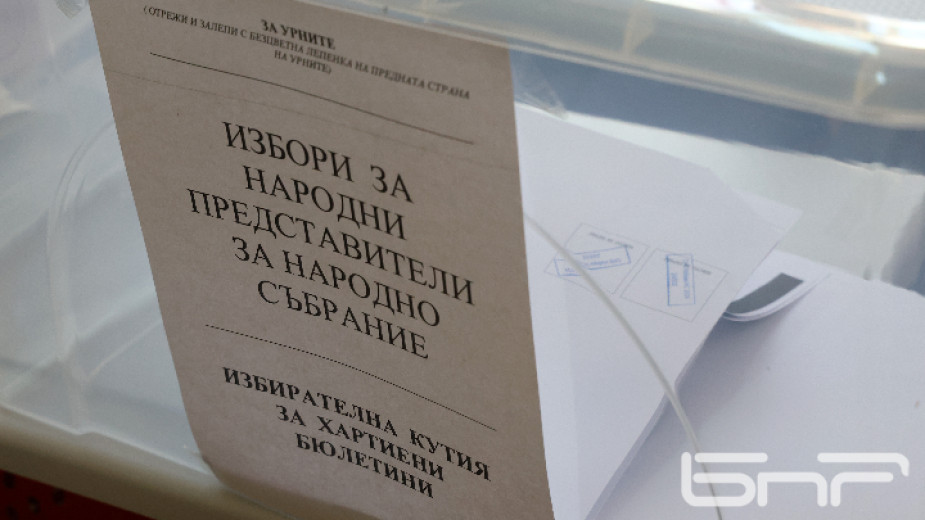Clark (2013) criticises the Romanian government for its Rroma policies. From his standpoint, it is not appropriate that Romania criticizes the UK for its restrictive migration policy. Romania itself, he emphasizes, has large shortcomings in its policies concerning Rroma. The remark of the Romanian Rroma commissioner Damian Draghici that one should not be angry with Rroma beggars but rather be angry at bankers, Clark considers to be arrogant and as distracting from the abuses in Romania and Bulgaria itself: „Over the past decade municipal [Romanian] authorities have ethnically cleansed their city centres of Roma and relocated them to shanty towns on the fringes. In Cluj-Napoca, in a case which has aroused the interest of Amnesty International, 300 Roma people were moved to a site next to a landfill and chemical dump, where families have been made to share one room. […] The inevitable result is a westwards flow of Roma fleeing from discrimination and poverty. The EU’s open borders policy should be suspended until Romania and Bulgaria have improved living conditions for all their citizens.“ Clark fails to recognize in his analysis that there are no overnight solutions for the social ills in Eastern Europe. In addition, the integration of the Rroma is a pan-European task requiring a pan-state solution. Isolation is therefore clearly the wrong answer to social and political shortcomings.
The forced relocation of several Rroma families in Cluj-Napoca onto the site of a former chemical factory was judged illegal by the local court. The incumbent mayor was convicted for having exceeded his authority in authorizing the relocation. The decision was welcomed by many organisations, such as the European Roma Rights Centre (ERRC) that had supported the action against the forced relocation (Ekklesia 2014).
An antithesis to Clark’s presentation is Kelley’s (2014) article in The Journal. It reminds about the prejudices, the Rroma genocide, the fear fostered by politicians and journalists: A flood of immigrants hasn’t come to Great Britain so far and the British voters have proven to be less anxious than some politicians and journalists prophesied: „A survey revealed 68% of Britons welcomed Eastern Europeans who work hard, pay taxes and speak English. And, according to Martin Keles, a spokesman for the Roma community in Newcastle, that is exactly what they intend to do. “We just want the opportunity to provide for our families,” he said.“ Kelley further emphasizes the strong institutionalized racism against Rroma in countries like the Czech Republic, Romania, Bulgaria and Slovakia. But not only in Eastern Europe, but in Europe as a whole, the Rroma have experienced a history of exclusion since their arrival in Western Europe in the 14th century. The human rights organization “A Living Tradition” conducted a survey among Rroma migrants on behalf of the council of Newcastle. It revealed that the Eastern European migrants are fleeing rampant racism in their home countries and appreciate the English educational institutions and the open society. Kelley’s article is a welcoming change to the many negative articles about Rroma and the European migration. His positive journalism helps to reduce prejudice and promotes the integration of the Rroma.
Knight (2014) from Gentlemen’s Quarterly takes an ambivalent position concerning the debate about immigration in Europe. On one hand, he propagates the idea of an impeding exodus of impoverished Rroma to Great Britain, on the other, he acknowledges their discrimination. He describes Rroma living in the streets of London, having to cope with very modest incomes. Again and again they are asked by the authorities not to beg and to no longer sleep on the streets. Knight sums up: „Courtesy of the ever-expanding European Union, the UK, and London, are finally waking up to one of Europe’s biggest embarrassments: that after the better part of a thousand years, our continent still does not know how to live at peace with its largest ethnic minority.“ Contrary to the generalising statements in the title, Knight recognizes that British society knows next to nothing about Rroma and that one cannot predict how many Rroma will come to the UK. The statistics on immigrants do not capture ethnicity. Knowledge about the Rroma remains dominated by many unknowns and wrong stereotypes. When Knight quotes a local resident of Bryanston Square, the landlady reproduces racist stereotypes and generalizations, even though her parents are said to be immigrants. She expresses the absurd image of culturally related crimes and otherness of the Rroma that they don’t want to integrate and deliberately choose a life in illegality. In the following paragraph Knight acknowledges that his presentation at the beginning of the article cannot hide is his derogatory attitude towards Rroma. He uncritically restates notions about organised begging, child prostitution, human trafficking and begging networks and qualifies the Rroma as having criminal habits: „Ever since, officers have wondered about the level of organisation within the group, and whether it is connected with more serious crimes, such as human trafficking or child prostitution. Hierarchical networks of beggars and street thieves – run by Gypsies, for Gypsies – have been on the rise in big European cities for the last decade: in Rome, in Milan, in Paris, in Madrid. London is a logical next target. Having spent day after day with the Gypsies this summer, I find they are never more than a few hours from their next visit from the police or their next arrest for begging.” His investigative journalism is biased and unreflective. He limits himself to what he could personally observe on the street and mixes it with crude culturalisations. The short trip to Romania is characterized by the common misery images that are often repeated in the coverage on Rroma: Large families crammed together in one two rooms and minor teenagers already being married and having kids. Knight quotes a Romanian historian, Viorel Achim, who no longer sees the future of the Romanian Rroma in training and the building of an educated, integrated middle class, but in emigration to Northern Europe. The therefore agrees with the predictions of conservative apologists, who warn of a mass migration to Western Europe. Knight cites a Rroma from Botosani: „You are going to be seeing a lot more of us in the future,“ says Manix. „We’re going to beg, do whatever we can. Anything to escape.“ Romanian Rroma commissioner Damian Draghici is particularly critical of NGOs who haven’t used the money entrusted to them. The next few paragraphs revolve around the prosperity gap between Eastern and Western Europe and whether this will result in strong migration movements. The fact that the opening of the border to other Schengen countries such as Poland and Hungary didn’t result in any mass migration is not assessed in any way. Knight communicates stereotypical notions of smuggler gangs and clan chiefs who tie off money for the adaptation to the new place and exploit poorer Rroma systematically: „You have to pay. You know from the outset. […] Everyone is controlled.“ At the end of the very long article, one impression dominates: A feeling of distrust from the journalist towards his informants, the Rroma.
- Clark, Ross (2013) Why Romania and Bulgaria want us to take their Roma. In: Daily Express online vom 31.12.2013. http://www.express.co.uk/comment/expresscomment/451236/Why-Romania-and-Bulgaria-want-us-to-take-their-Roma
- Ekklesia (2014) Eviction of Roma people onto site by waste dump ruled illegal. In: Ekklesia online vom 8.1.2014. http://www.ekklesia.co.uk/node/19867
- Kelley, Martin (2014) Pride, prejudice and why we’re all gadgies to the Roma community. In: The Journal online vom 21.1.2014. http://www.thejournal.co.uk/news/news-opinion/mike-kelly-pride-prejudice-were-6535063
- Knight, Sam (2014) Home Invasion: The Roma of Parke Lane. In: Gentlemen’s Quarterly Great Britain (GQ) vom 2.1.2014. http://www.gq-magazine.co.uk/comment/articles/2014-01/02/romanian-immigrants-park-lane-investigation







